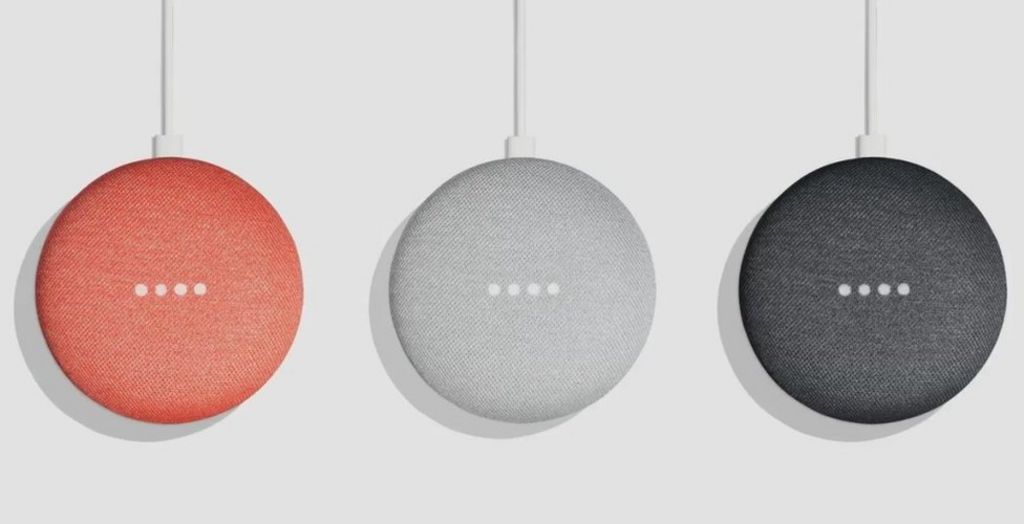Google Disables Touch Function On Home Mini

 Image copyright
Google
Image copyright
Google
Google has stopped its Home Mini speakers responding when users touch them.
It permanently turned off the touch activation feature after it found that sensors primed to spot a finger tap were too sensitive.
Early users found that the touch sensors were registering "phantom" touches that turned them on.
This meant the speakers were recording everything around them thousands of times a day.
Google said it disabled the feature to give users "peace of mind".
Google's Home Mini gadgets were unveiled on 4 October as part of a revamp of its line of smart speakers. The intelligent assistant feature on it could be activated two ways - by either saying "OK, Google" or by tapping the surface.
The problem with the gadgets was uncovered by early reviewers and those who obtained devices from Google launch events. About 4,000 Home Mini speakers are believed to have been distributed this way.
The reviewers said the units seem to activate without anyone touching them or speaking the "wake" phrase. All the information recorded was sent to Google.
Google said it took "user privacy very seriously" in a statement explaining the decision to disable the touch-to-activate function. It is not clear if the feature will be reinstated at a later date.
The search giant said it would apply the update across all Home Mini speakers by the end of 15 October. The gadgets will still respond to voice and volume can be adjusted by tapping the side of the device.
The Mini is due to be available to buy from 19 October.
From Chip War To Cloud War: The Next Frontier In Global Tech Competition
The global chip war, characterized by intense competition among nations and corporations for supremacy in semiconductor ... Read more
The High Stakes Of Tech Regulation: Security Risks And Market Dynamics
The influence of tech giants in the global economy continues to grow, raising crucial questions about how to balance sec... Read more
The Tyranny Of Instagram Interiors: Why It's Time To Break Free From Algorithm-Driven Aesthetics
Instagram has become a dominant force in shaping interior design trends, offering a seemingly endless stream of inspirat... Read more
The Data Crunch In AI: Strategies For Sustainability
Exploring solutions to the imminent exhaustion of internet data for AI training.As the artificial intelligence (AI) indu... Read more
Google Abandons Four-Year Effort To Remove Cookies From Chrome Browser
After four years of dedicated effort, Google has decided to abandon its plan to remove third-party cookies from its Chro... Read more
LinkedIn Embraces AI And Gamification To Drive User Engagement And Revenue
In an effort to tackle slowing revenue growth and enhance user engagement, LinkedIn is turning to artificial intelligenc... Read more

